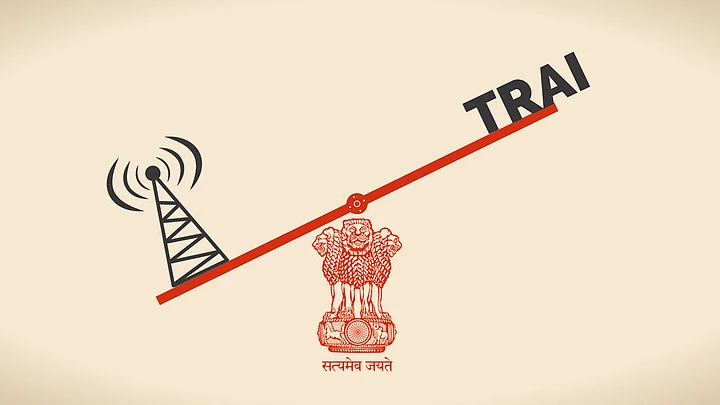Telecom minister Ravi Shankar Prasad just did an about turn on whether industry regulator TRAI needs more teeth.
Barely three days after stating that the government was open to empowering the regulatory body, Prasad said the TRAI already has ‘wide-ranging powers’ and the ‘need to amend the TRAI Act is not felt at this juncture’. He was responding to a letter from Rajya Sabha MP Rajeev Chandrasekhar.
The Telecom Regulatory Authority of India (TRAI) had sought powers to penalise service providers (telecom companies like Airtel, Vodafone etc) – who fail to follow its regulations. The demand followed in the wake of Supreme Court’s refusal to allow imposition of fines on telecom companies for call drops.
Does TRAI Really Need More Teeth?
For now TRAI’s hopes have been quashed and all the concerned parties dealing with the case of call drop – Telecom Ministry, service providers and the judiciary – are seemingly opposed to the regulator’s stance.
But does TRAI really need more teeth?
Founder of BPL Mobile and Independent Rajya Sabha MP Rajeev Chandrashekhar, says penal powers may not be necessary but an amendment of the TRAI Act is certainly in order.
Do you think the regulatory body should be allowed to levy a charge and award jail terms to the executives of telecom operators which fail to meet the Call Drop Rate (CDR) which provides a margin of 2 percent?
No. I do not believe that the TRAI must have penal powers of arrest or criminal prosecution. However, there is definitely a need for the TRAI Act, which was last amended in 2000, to be reviewed and suitably amended after extensive public consultation.
What Exactly is TRAI Asking for?
On 1 June, TRAI suggested amendments to the TRAI Act, 1997, in a letter to the Department of Telecommunication (DoT).
TRAI wanted legal powers to do the following:
Impose a penalty of up to Rs 10 crore
Award jail term of two years to executives of defaulting companies
The demand came in the light of the a survey conducted between 3 to 6 May which observed that Airtel, Vodafone, Reliance, Aircel, and Idea need to improve the Call Drop Rate (CDR) performance. The findings were published in various media reports.
With this demand, virtually every stakeholder (read telecom firms who would have to pay the call drop penalty) turned against TRAI, which until then, had gathered public goodwill with its decision on differential pricing.
In a written response on 9 June to Chandrashekhar’s Rajya Sabha question, Prasad put the last nail in TRAI’s coffin:
It is intimated that TRAI is empowered by TRAI Act to lay down the standards of quality of service to be provided by the service providers and ensure the quality of service by conducting periodical survey of such services. Since TRAI has wide-ranging powers, the need to change TRAI Act is not felt at this juncture.
“Spectrum Cost Are a Red Herring”
When asked about what the telecom operators could possibly do to reduce call drops; considering small-time service providers which maybe debt-ridden, Chandrashekhar downplayed the factor which is cited as the biggest cost by telecom companies – spectrum cost.
Call drops are a direct consequence of overloading networks and under-provisioning of capacity. The spectrum cost is a red herring; you must grow your network as you grow your subscriber base.
He pointed out, that to gain a licence, an operator has to comply with a prescribed quality of service and it is TRAI’s responsibility to make sure that telcos meet those standards – the quality of your calls in this case.
Under section 10.4 of the license agreement, licenses can even be revoked if QoS (Quality of Service) norms are breached or not met by Telcos/Internet Service Providers (ISPs).
Defining similar conditions in further details to ensure quality may go in a long way in avoiding network loading and in-turn call drops.
